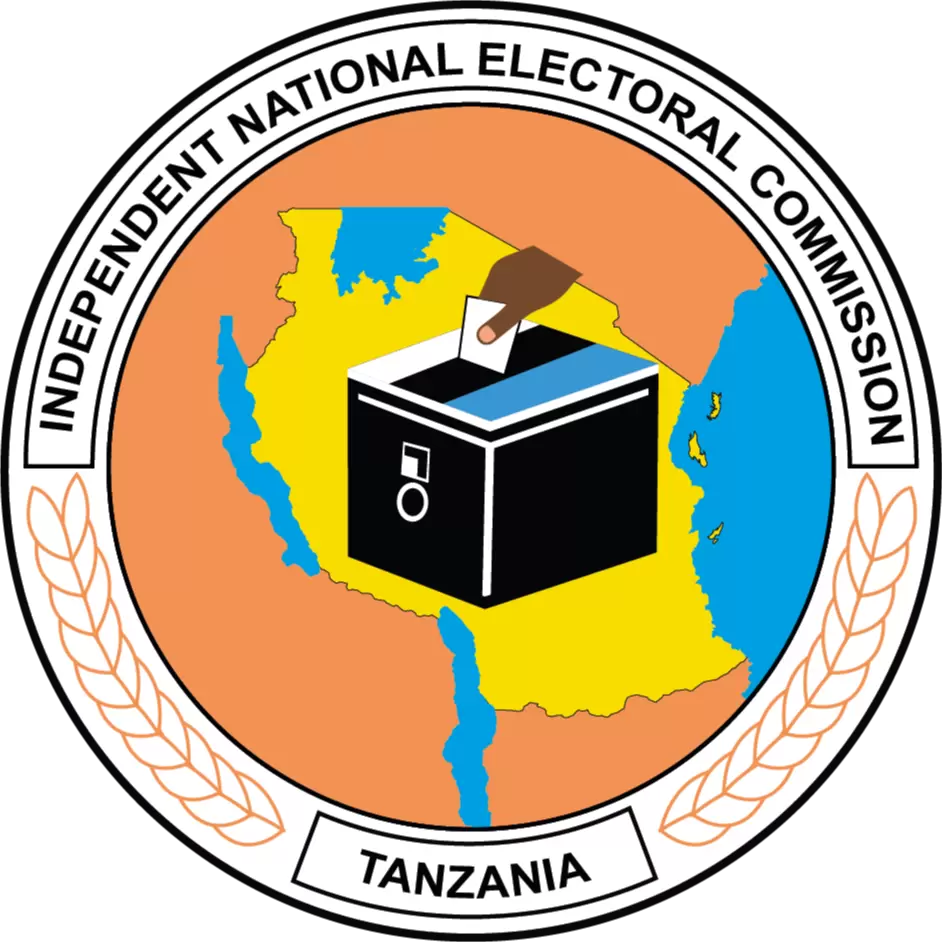Accelerated varietal turnover for open- pollinated crops (beans, sorghum, groundnuts) in Tanzania – seed sector stakeholders’ landscaping
- 11th March, 2024 13:00
- By MOSSES.BAYINGA
- Reports
Author(s) : Justus Ochieng, Eliud Birachi, Radegunda Kessy, Jean Claude Rubyogo, Happy Daudi , Nestory Shida
The Accelerated Varietal Adoption and Turnover for Open-Pollinated Varieties (ACCELERATE) project in Tanzania aims at understanding the requirements and constraints of large and small/market place traders to catalyze the uptake of new varieties and how best to enable the needed partnerships across the formal, semi-formal, and informal seed sectors to accelerate varietal adoption and turnover. This is based on the demand-pull approach, in which seed largely comes from grain traders, who currently not only buy grain from small-scale producers but also supply the largest amount of planting material (seeds). Humanitarian agencies and non-government organizations (NGOs) equally create or catalyze this
demand pull since they spend considerable resources on sourcing and distributing seeds to demanding and stressed areas. This exploratory research was conducted in six agro-ecological zones, combining both quantitative and qualitative approaches to gather data from traders and humanitarian organizations, including international and local NGOs. The approach involved (i) extensive interviews with large off-takers and small/marketplace traders using a structured questionnaire and (ii) interviews with government institutions and humanitarian agencies, including NGOs, using a short semi-structured questionnaire. The survey collected information from 976 traders (beans, 421; groundnuts, 300; sorghum, 255) comprising 247 large off-takers/traders and 659 small/marketplace traders. Lastly, a total of 112 institutions were interviewed. The study emphasizes the need for strengthened and dynamic breeding and seed systems that lead to high rates of varietal turnover as a core strategy for crops to adapt to the biotic and abiotic stresses affecting small-scale farmers.


